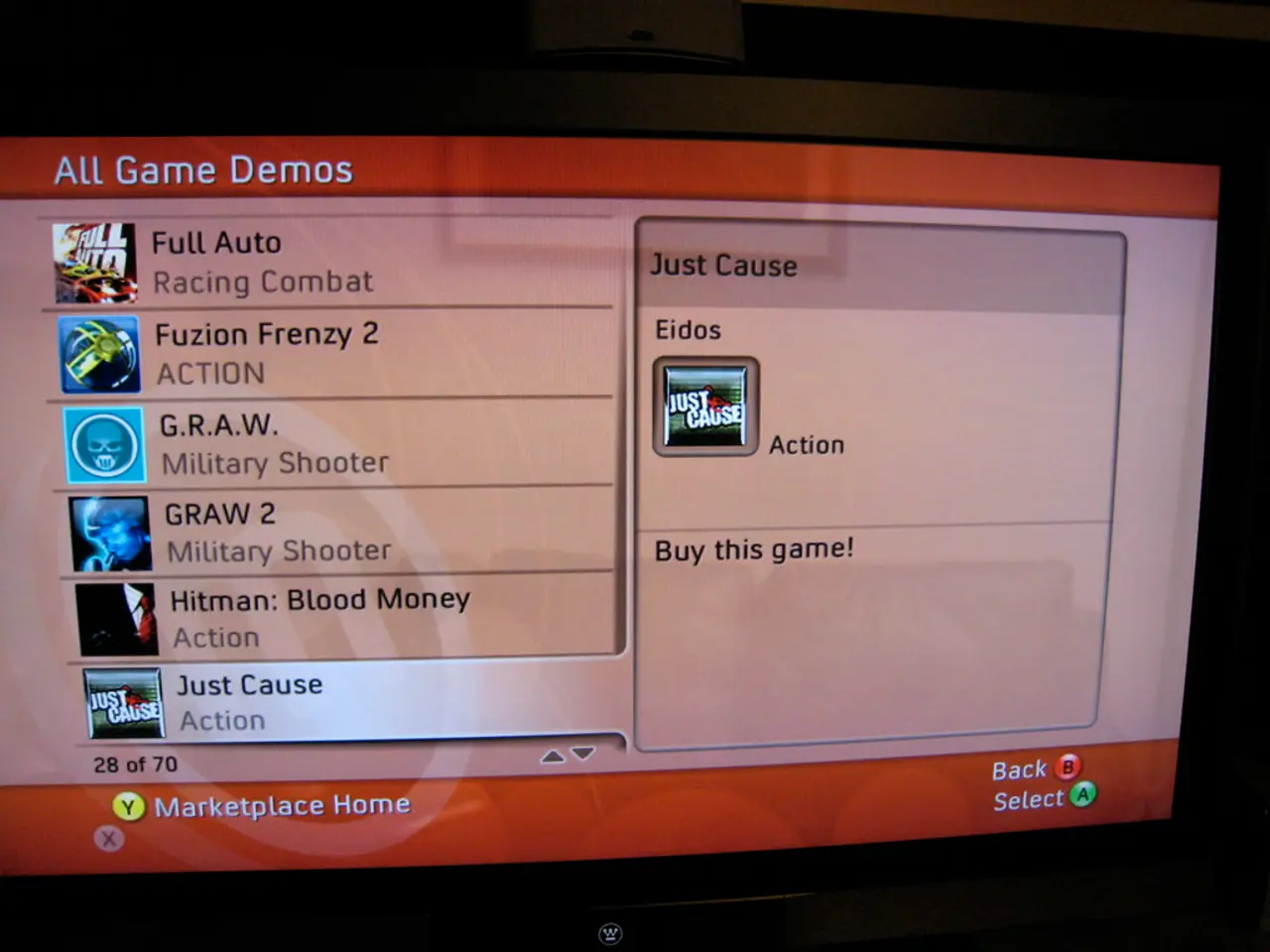Unforeseen expenses from in-app purchases: Parents may not always bear the burden for their child's digital spending
In the digital age, children are increasingly spending time on mobile games, many of which offer in-app purchases. Here's a guide for parents to navigate this landscape and ensure their children's gaming experiences remain safe and cost-effective.
Firstly, it's important to note that in Germany, children under 7 years old are not legally competent and cannot conclude valid contracts such as in-game purchases. For children aged 7 to 17, parental consent is required for valid contracts related to in-app purchases in games like Fortnite, Brawl Stars, or Clash of Clans. Those 18 and older can do so independently.
When it comes to in-app purchases, children aged 7 and above can use their pocket money, but prior approval is not necessary unless the amount spent is too high or a subscription is concluded. However, if an unsupervised in-game purchase is made by your child, it's crucial to object as soon as possible.
"Free-to-play" games like Fortnite, Brawl Stars, or Clash of Clans encourage spending money through in-app purchases. These purchases can include bypassing waiting times, acquiring special equipment, or purchasing in-game currencies. To control expenses, parents can secure in-app purchases with a password or disable them in the respective app store.
Avoiding automatic billing via the phone bill (so-called "carrier billing") and setting up a third-party blocking with your mobile provider can also help control expenses. Prepaid cards from app stores can help better control expenses as payments that exceed the credit cannot then be made.
It's also advisable to remove stored data or lock it in the app store to prevent unauthorized purchases when playing via your account. Additionally, do not store payment data on your child's device to prevent unauthorized purchases.
If children have used their parents' access or credit card data for in-game purchases, the burden of proof lies with the parents to show they did not make the purchase themselves. If parents cannot prove they did not make an in-game purchase themselves, or if the court assumes they have tolerated the expenses, they may be required to cover the costs.
Alexander Wahl from the European Consumer Centre Germany (EVZ) emphasizes the importance of this issue, stating that in-app purchases can have significant implications, such as enabling children to bypass waiting times, acquire special equipment, or purchase in-game currencies.
In conclusion, by following these guidelines, parents can ensure their children's gaming experiences are safe, enjoyable, and cost-effective. It's essential to stay vigilant and communicate openly with your children about their gaming activities and the associated costs.
Read also:
- Understanding Hemorrhagic Gastroenteritis: Key Facts
- Stopping Osteoporosis Treatment: Timeline Considerations
- Expanded Community Health Involvement by CK Birla Hospitals, Jaipur, Maintained Through Consistent Outreach Programs Across Rajasthan
- Abdominal Fat Accumulation: Causes and Strategies for Reduction







